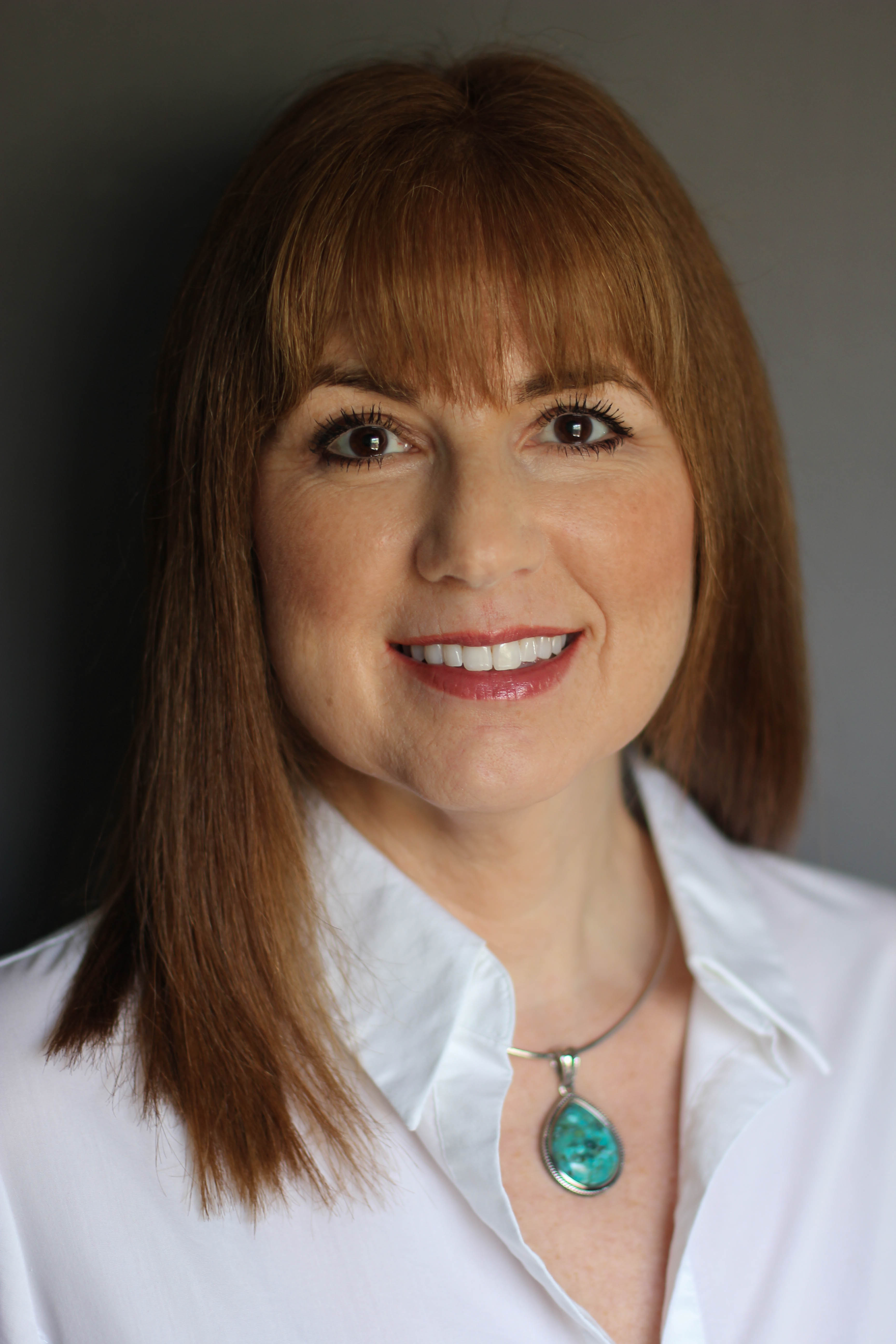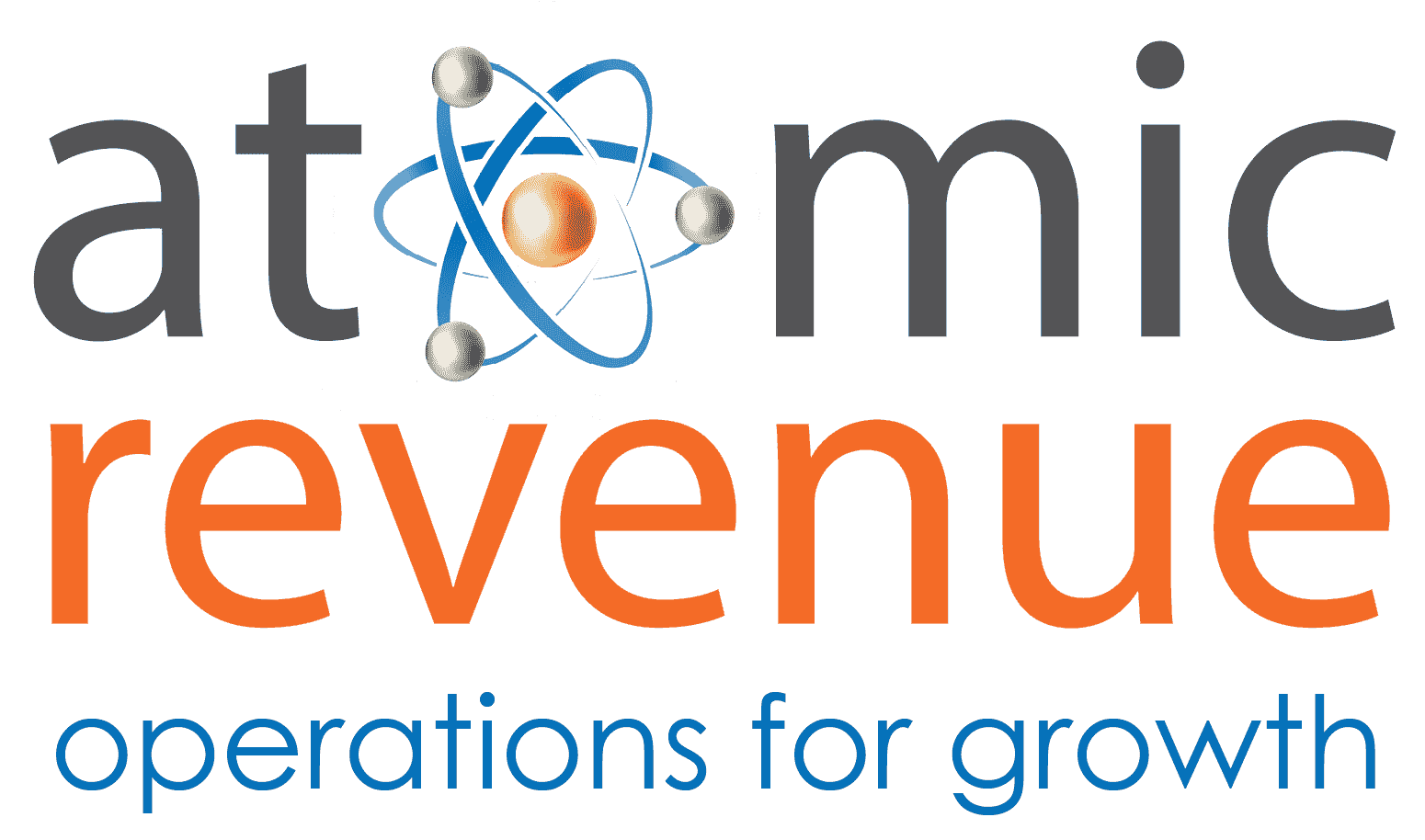
Whenever something’s amiss in our business, we tend to point the finger at sales. Think about it: anytime revenue is down, we’re not growing at the desired rate, or we’re not getting the valuation we want before putting our business on the market, we look at sales.
Depressed revenue must be because we’re simply not selling enough. Right? Not necessarily. Sales Operations as part of Revenue Operations provides solutions beyond "closing the deal" to get to profitability goals.
What is Sales Operations?
Sales operations covers many tactics beyond just closing a sale. It includes quality lead generation that can be quantified, the right messaging to the right people at the right time, impactful, efficient client meetings, value-based educational materials and technologies, data-driven sales tools, and teamwork.
Sales operations is aimed at more than conversions. To be effective, everything to do with sales — from prospecting to qualifying and education to nurturing and closing the deal — must consider your teams' strengths and your customers' needs first. It must care for the people, process, technology, and data that drive profitability, which is why it's part of the larger solution: Revenue Operations.
Sales Operations is One Part of RevOps
As a business owner or leader, you know sales operations is a vital part of your business, keeping the engine of your company — your sales organization — running smoothly and efficiently into the future. Riding along with the automotive metaphor, if SalesOps is the engine of your business, RevOps is a complete diagnostic of the entire process, addressing what needs updating or fixing, and ensuring there is strategic integration of sales with other departments and tactics, like marketing and customer service.
Revenue Operations unifies effective strategic planning, resource allocation, and tactical execution across marketing operations, digital operations, sales operations, business operations, customer success, and every part of your business that helps it earn money. When organized, cost-effective, and operationally functional, revenue operations produces the intended return on investment (ROI).

Often Revenue Problems are Larger than Your Sales Silo
“SalesOps looks at just one functional silo — but an important silo — of revenue production,” says Scott Sinning, profitability practice leader for Atomic Revenue. “It’s a relatively narrow focus compared to RevOps, which takes a more end-to-end, full-cycle perspective.”
Sinning also points out that, while SalesOps may offer a deeper dive into the machinations of your sales department, looking at aspects as granular as time and sales territory management, it’s also limited to an internal viewpoint without external insight as to what may or may not be happening with your clientele. Revenue Operations, on the other hand, is more of a holistic look at operations from the outside looking in — always with the customer experience and buyer journey at the forefront.
“When we do a RevOps project, we ask our clients to think through who their buyers are, what they want, what they care about, and what their pain points are,” says Sinning. “We want to ensure the business is fixing their problem, but also reflecting on and aligning each process in the larger buyer journey.”
Misalignments Between Sales & Marketing can Cause Revenue Woes Within Your Organization
One point of frequent misalignment in many companies is the connection between sales and marketing. Sales may be concerned that marketing isn’t sending them enough quality leads; marketing is frustrated that sales doesn’t do more with the leads they are giving them. Sound familiar?

“If the sales department doesn’t have a commitment to what a good or qualified lead is going to be and what they are going to do with it, you can’t assess whether or not marketing is effective,” says Joel Emery, Atomic Revenue’s Sales Systems Architect. “Unless someone (a third party) is there to broker dialogue between these two, ensuring the gaps are bridged, there will continue to be misalignment.”
Recognize the Difference Between a Cause and a Symptom
Focusing too much on sales can also lead to a misdiagnosis of the problem — even if sales is part of or most of the issue. In fact, oftentimes what seems like a malfunction is actually just a symptom of a larger breakdown. And by focusing only on SalesOps, your company has unintentionally used duct tape to patch things up and move on when more intensive work, or even complete replacement, is necessary. Revenue operations aligns all areas of the company through people, process, technology, and data to bring everyone together for the same goal — customer advocacy.
If you're not sure where your revenue stumbling blocks are, it pays to have a third-party partner, like Atomic Revenue, look at your sales and revenue operations from the customer’s perspective. The combination of expertise and independence enables us to come in, take a broad look at the big picture, and quickly spot both the quick fixes and the systemic and often institutional changes that need to be made.
.png?width=600&name=Atomic%20Revenue%20Blog%20Graphics%20(1).png)
Business is Changing Fast — Is Your Sales Operations Strategy Aligned with End-to-End Revenue Production?
About Atomic Revenue
Based in St. Louis, Missouri, and Denver, Colorado, with a nationwide team of more than 50, Atomic Revenue helps regional and national B2B companies, primarily in manufacturing, engineering, technology, and professional services, make more money through revenue operations. Our revenue operations methodology improves profit margins, increases the lifetime value of customers, and creates sustainable processes and profitability fueled by people, technology, and data. Contact us today without obligation to learn more.





